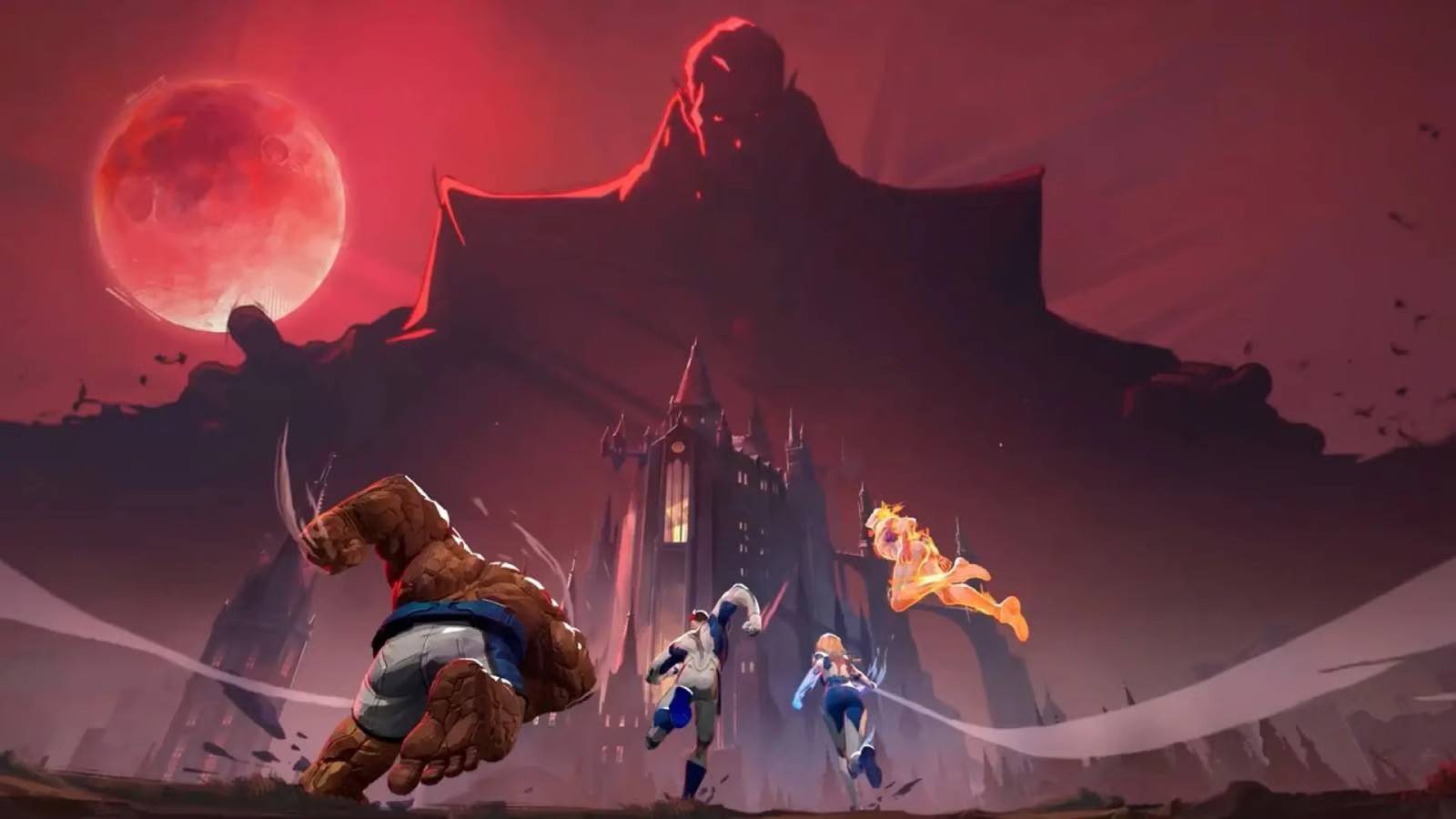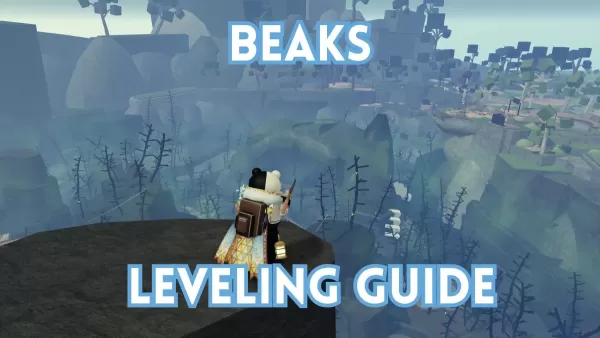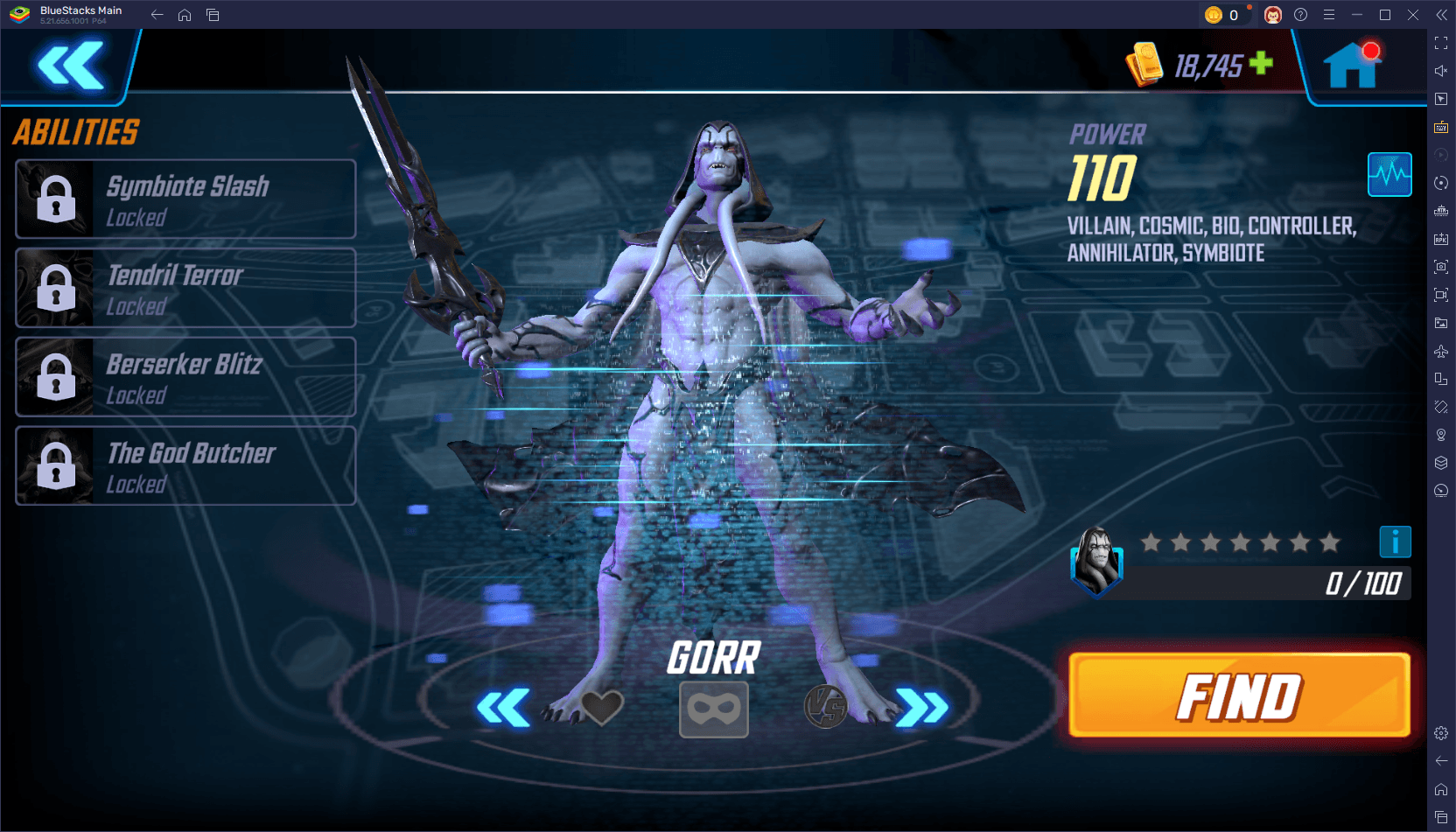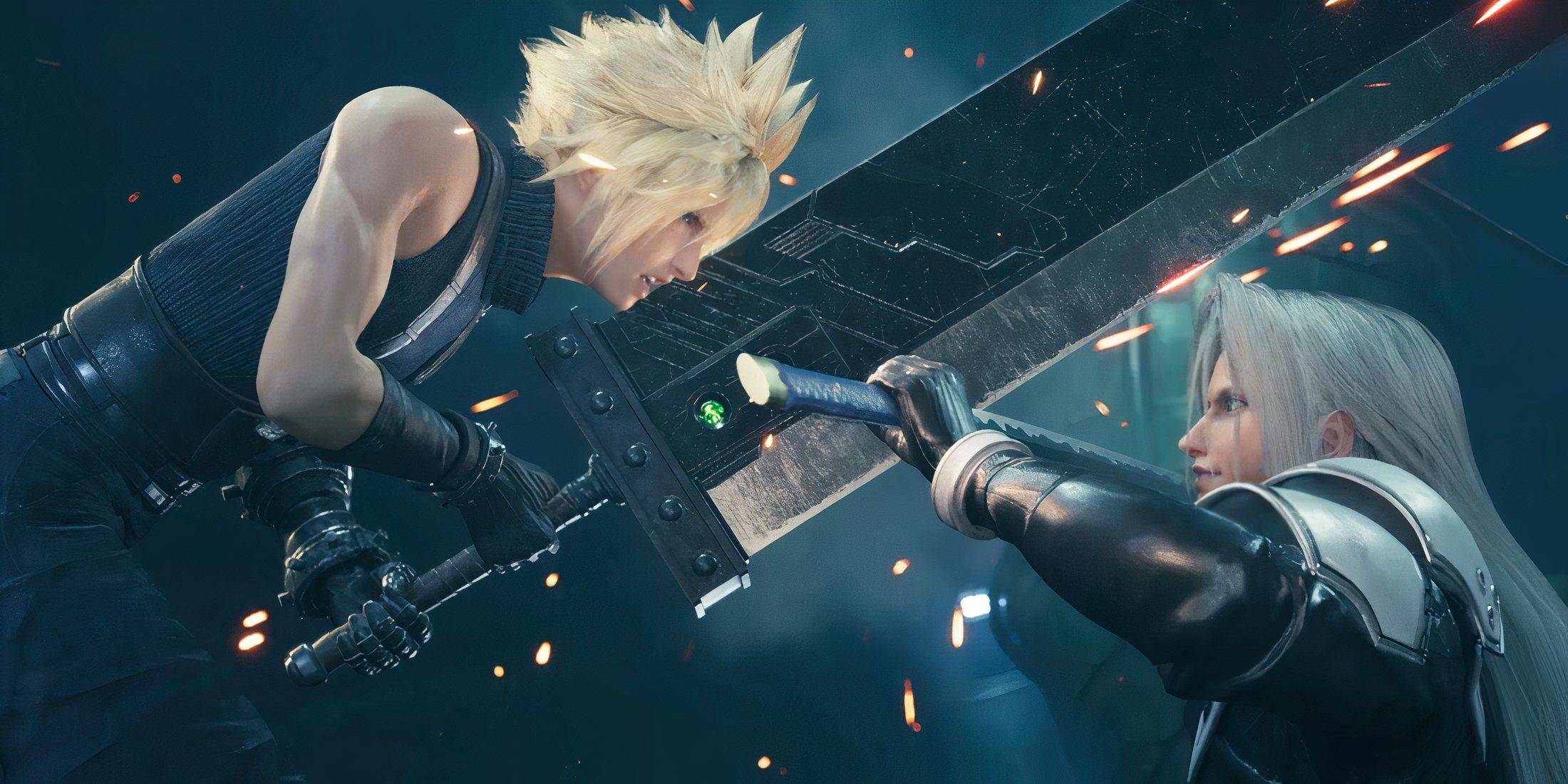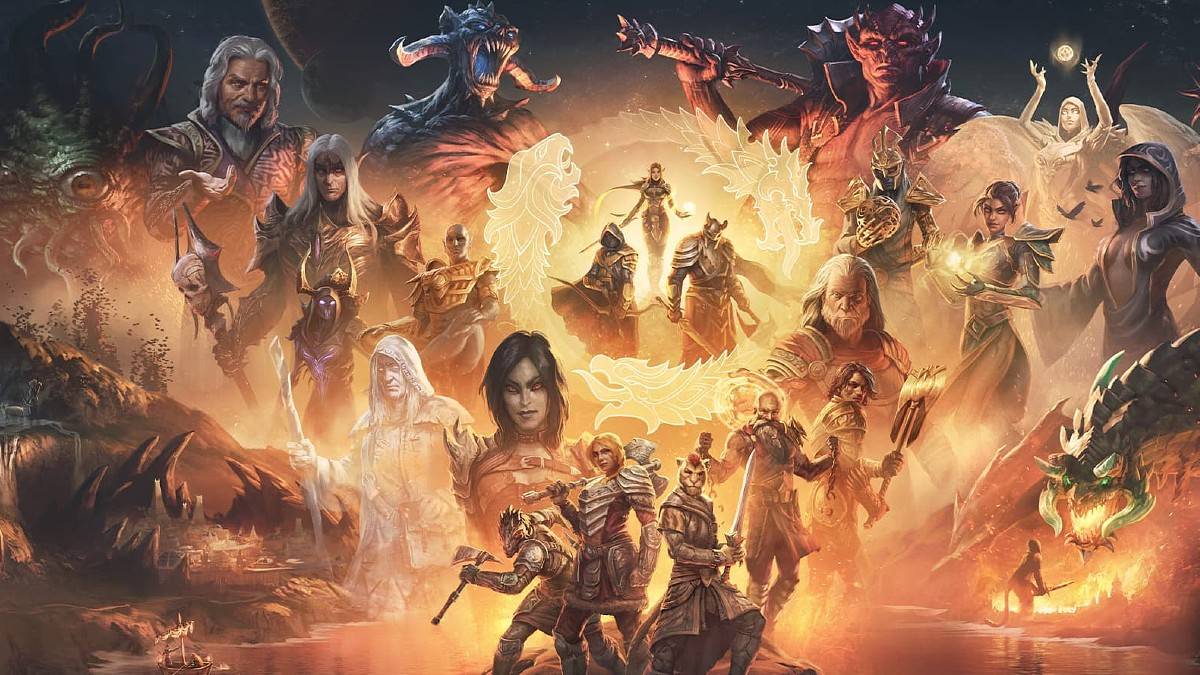
Capcom's latest release has soared to the 6th spot among Steam's most-played titles, yet it faces significant backlash from users due to its subpar technical performance. Digital Foundry's thorough examination of the PC version has shed light on the game's numerous shortcomings, leading to disheartening conclusions.
Their analysis reveals that shader pre-compilation is excessively time-consuming, taking around 9 minutes on a system equipped with a 9800X3D processor and over 30 minutes on a Ryzen 3600. Even when set to "High" graphics settings, texture quality remains disappointingly low. For instance, on a PC with an RTX 4060 running at 1440p resolution with balanced DLSS, the game experiences significant frame time spikes. Similarly, on a more powerful RTX 4070 with 12 GB of memory, textures appear strikingly poor.
For users with GPUs boasting 8 GB of memory, Digital Foundry recommends dropping texture quality to "Medium" to reduce stuttering and frame time spikes. However, even with this adjustment, the visual quality remains substandard. Quick camera movements still induce noticeable spikes, although these are somewhat mitigated with slower movements. Unfortunately, even with reduced texture quality, the frame time issues persist.
Alex Battaglia of Digital Foundry points to data streaming as the core issue, putting excessive strain on the GPU during decompression. This is particularly detrimental for budget graphics cards, resulting in severe frame time spikes. Battaglia advises against purchasing the game for those with 8 GB GPUs and expresses reservations about its suitability even for more powerful setups like the RTX 4070.
The game's performance is particularly dismal on Intel GPUs. The Arc 770, for example, manages only 15–20 frames per second, accompanied by missing textures and other visual glitches. While some issues can be partially addressed on high-performance systems, smooth gameplay remains elusive. Currently, finding optimized settings is nearly impossible without sacrificing significant visual quality.




